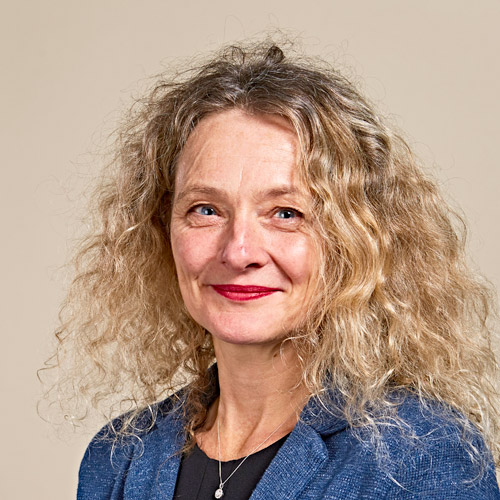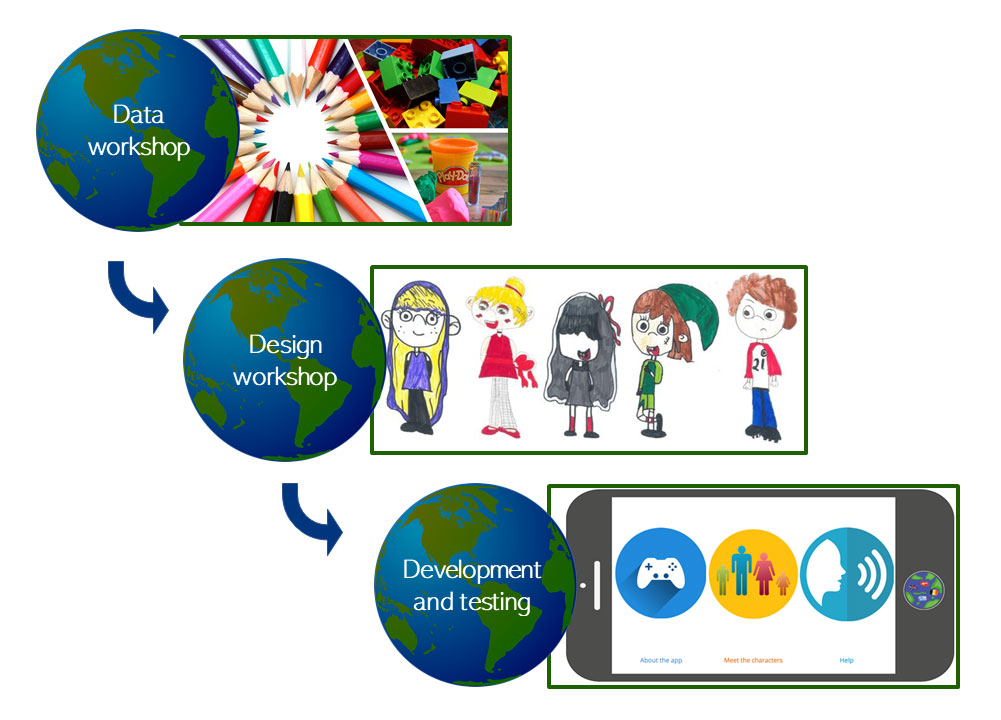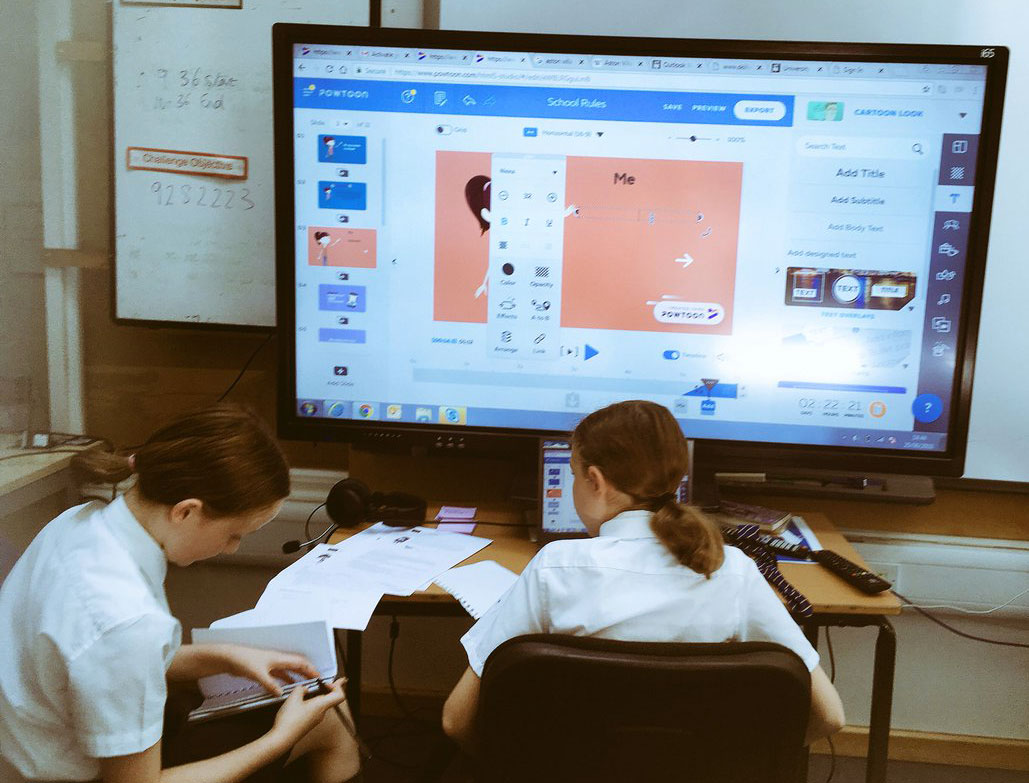
Professor Helen Lomax
Professor of Childhood, HudCRES
Project Lead: Cyber Safe Generation: Digital education by design (CyGen) funded by Erasmus+ Key Action 2
If you work with young people or are parent it won’t have escaped your attention that children’s online safety has been in the news a lot recently. From #SaferInternetDay to a raft of reports on children’s digital safety, how children use the internet is never far from the headlines:
More than half of children would feel 'lost' if their online identity was deleted
What’s the problem? Keeping up with a diversifying digital landscape
The days when going online was via a shared family computer are long gone. Recent research suggests that half of ten-year-olds now access the web via their own smartphone (Ofcom, 2019). This rise in children’s smartphone and tablet access is accompanied by a rapid increase in the time that young people spend online – a near doubling in some EU countries in the last decade (EU Kids Online, 2020). What children do online and on what platforms is also in constant flux. The most recent data suggests that WhatsApp, Facebook, Snapchat and Instagram are the leading social media platforms used by children, with newer platforms such as TikTok and Twitch rapidly gaining popularity in the UK (Ofcom, 2019). Within this shifting landscape parents report that their own knowledge feels quickly outdated, limiting their capacity to support children.
Internet: Friend or foe?
Children (like adults) use the internet for a wide range of everyday activities, from helping with homework, learning new skills and talking to friends the internet is a vital resource for children’s learning, entertainment and socialising (EU Kids online). But at the same time parents – and children – are bombarded with messages about the dangers of the internet, and indeed children do report experiencing bullying and exposure to unwanted content leaving parents feeling anxious about how best to support children’s digital learning while keeping them safe (EU Kids online; Ofcom).
Digital solutions: Designed by children, for children
Our recently completed three-year Erasmus+ Key Action 2 project, ‘Cyber Safe Generation: Digital education by design (CyGen)’ aimed to address these challenges, engaging directly with children (aged 8-13) , teachers and parents in four European countries (United Kingdom, Belgium, Denmark and Greece) in order to understand the opportunities and children’s own solutions to the challenges that the internet can present.
Framed by a commitment to children’s rights and a recognition that children are experts on their own lives as well as a growing evidence that children’s digital literacy and safety is enhanced when they are supported to develop strategies to help themselves (Global kids online; UK Council for Internet Safety, 2019) the project put children at its centre.
Putting children at the heart of CyGen offered us a unique insight into the challenges facing children when they go online, the opportunities and risks and how they navigate these.

From this starting point, the team developed child-led research methods appropriate to the age range, cultural and linguistic context of each of the partner countries in order to explore children’s ideas. Children’s ideas then formed the basis of the co-designed outputs - a web app and online open-access guidance designed to support children’s online safety in primary and secondary schools.
Using children’s and young people’s ideas to create the CyGen programme, in a field that is dominated by adult-led content, was a unique approach which responded to a need articulated in the academic literature and by children, teachers and parents in our project about the need for greater dialogue and shared understandings about the challenges children experience online.
Dr Michelle Pyer, Senior Researcher at the University of Northampton and project co-investigator
The co-designed Webapp enables pupils to engage in a virtual learning environment, offering them ‘real-life’ scenarios, generated from actual children’s experiences and through which they can enact and explore the possibilities – and challenges - of the digital environment. Each of the activities envisaged by the children within the app is focused on developing children’s digital skills. More particularly, the app has been designed to encourage both ‘online’ engagement and ‘offline’ discussion between children, teachers and parents.
Paul Bramble, Research Project Manager at University of Northampton

The team anticipate that these resources, which have been designed for in a range of settings, will be of use to families and educators while the methods toolkits, the ways that the team worked with the children are also freely available to researchers.
Shared partnerships - shared learning
The project engaged directly with almost 300 children and a further 2,000 benefited indirectly through the participation of their schools. In addition to the unique insights offered by the children, the project benefited from international colleagues’ skills in user-centred design and digital pedagogy, education, research and evaluation. The team were supported by an Erasmus+ Key Action 2 project grant as well as generous co-funding by the University of Northampton and the University of Huddersfield. In the UK, this enabled the team to spend extended periods working with children at Preston Hedges Primary School as well co-funding visits to our partners at Dimotiko Sxoleio Kalamatas, Greece; UC Leuven-Limburg, Belgium and VIA University College, Denmark. In addition it supported the involvement of Lindsay Watson and Charlotte Blake (formerly Oliver) whose PhD work is closely aligned to CyGen.
Open access resources
To find out more about the project visit the project website where you can access information about the methods used with children, watch our explanatory video and hear from the children themselves on BBC regional news and radio as well as access our free to use Webapp and resources co-designed by and for children, teachers and parents.
You can also see what our funder has to say about our project.



